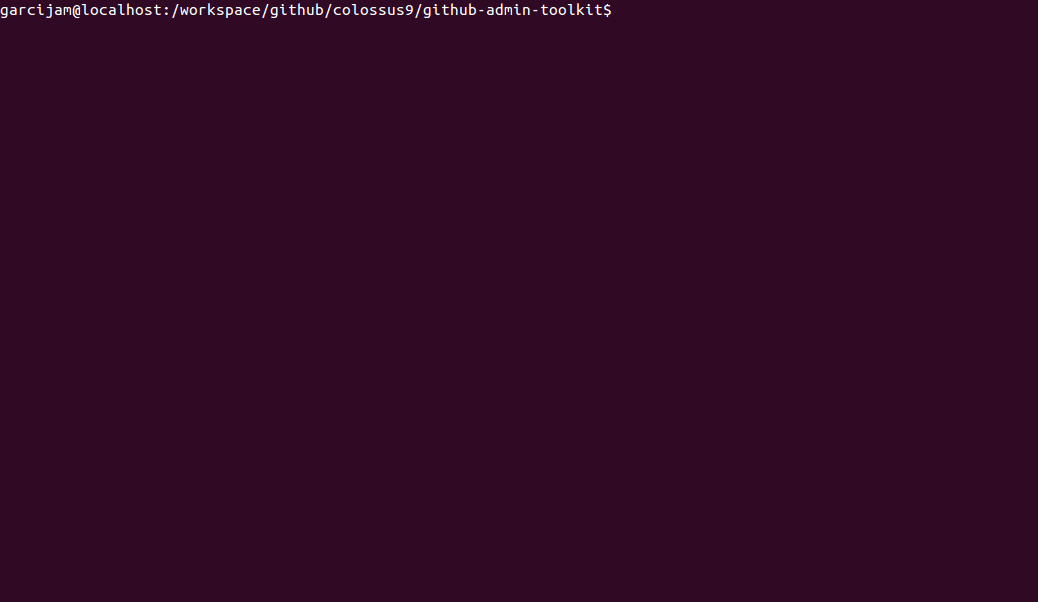
- #Http toolkit github how to
- #Http toolkit github install
- #Http toolkit github full
- #Http toolkit github android
- #Http toolkit github code
#Http toolkit github how to
See the page for more information about how to get involved. Migrating a JS project from Travis to GitHub Actions. This project is continuously evolving and any kind of help is greatly appreciated. Become an HTTP & debugging expert by subscribing to receive new posts like these emailed straight. There is also an atom feed for the posts. Free, open-source library and applications for data acquisition, pre-processing, calibration, and real-time streaming of imaging, position tracking, and other sensor data. News about the library can be found under announcements. ATAT is a generic name that refers to a collection of alloy theory tools developped by Axel. Please do not use the issues section for questions. Alloy Theoretic Automated Toolkit (ATAT) Home Page. Issuesįeature requests and bugs should be added to the issues section at GitHub. You can also try the chat room or Stack Overflow. Use the discussion forum at if you have questions regarding the library. Guides are also available at GitHub Wiki.
#Http toolkit github code
ExamplesĮxample code can be found in the Source/Examples folder in the repository. Really interesting, thanks! I'll look into that.Use the NuGet package manager to add the Helix Toolkit package for your platform. > I ended up using which somehow manages to force tcp traffic through a socks5 proxy. You can file a proper issue about this at, I'd love to know what's going on there and get this fixed. Probably best to debug this outside of a HN thread though :-). It's always very hard to know if my configuration is representative of normal devs for any given language/tool. Maybe you have some other Go package manager configuration that conflicts with this? I'd be very interested to know about that if so, I'm sure there's others with the same thing. I just tested, and `go get /x/oauth2` seems to work fine for me, I can see all the requests being happily intercepted immediately: Ĭan you see the 500 in HTTP Toolkit, and any more info there (in the body or as an error at the top) related to that? Or can you see a "certificate rejected" message? If nothing turns up there at all then yes, something must be overriding the proxy configuration. Thot has been supported by the European Union under the CasMaCat research project.
#Http toolkit github android
Accept each of the shown Android prompts to set up interception: You'll be asked to allow HTTP Toolkit to act as a VPN, redirecting your network traffic. Scan the code to begin interception setup. Start the app, press 'Scan Code', and give HTTP Toolkit permission to access your camera.
#Http toolkit github install
of the Machine Translation Summit (MT-Summit), Phuket, Thailand, September 2005. Install the HTTP Toolkit app from the play store. 'Thot: a toolkit to train phrase-based models for statistical machine translation'. > If you try to use go's package manager, example: `go get /x/oauth2` Daniel Ortiz-Martínez, Ismael García-Varea, Francisco Casacuberta. But I guess I can see why some like postman etc for exploration - so far i prefer swagger for that (or soapui for xml/soap - preferably running soapui under httpkit for the best of both worlds). More test cases are very welcome though If you have a site that blocks requests made through HTTP Toolkit, please do get in touch (by DM or on GitHub. I feel like postman etc is closer to println Debugging, while just intercepting the traffic is more like using a real debugger. Strongly considering purchasing httpkit - but so far I've just needed it occasionally. I don't know about altering requests "in flight" - I typically re-issue the request via curl or my application server (eg: rails console or debugger breakpoint). I find that httpkit (or just mitmproxy) often gives me decent insight to the actual requests. Either before or after a request is executed to add to the headers or parameters of the request or getting the results of the request.

> One of the issues I found with http clients I looked into is that they often don't provide enough functionality to hook into the request process. Different response Httpie vs Httpx ( python ).Works well, lets you stay 100% open source, which is good for everybody and encourages contributions, and you can still make enough money to fund development (never going to make anybody a billionaire, but that's not the point).

) but it's a non-trivial hassle to fork everything and hook it all up, and means ongoing maintenance work to manage a fork forever, so at the price it's not really worth any serious professional's time (and I give out free licenses for everybody would contributes to the code anyway). Yes, anybody can fork the project and remove the payment checks (here.
#Http toolkit github full
comfortably enough income as a solo bootstrapped project that I can work on open source full time) doing a freemium approach that's 100% open-source for

This point is interesting, because it assumes the only way to do premium is with a closed-source version, losing the open-source benefits. Monetization via Paid Premium Version / Open Core


 0 kommentar(er)
0 kommentar(er)
